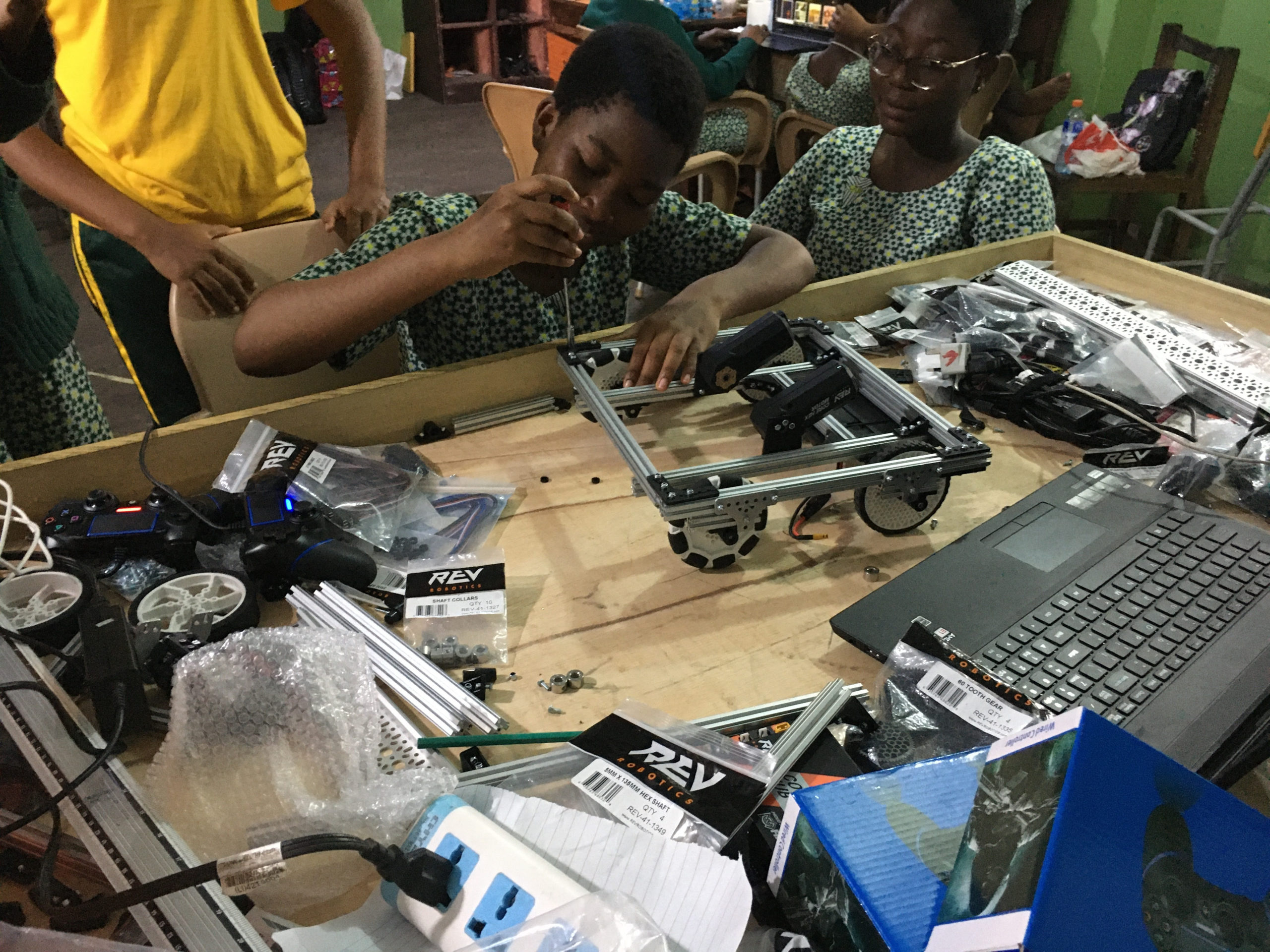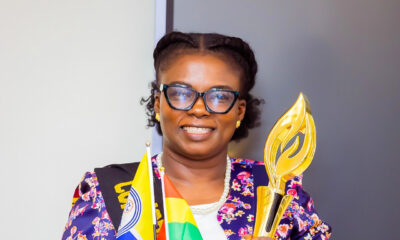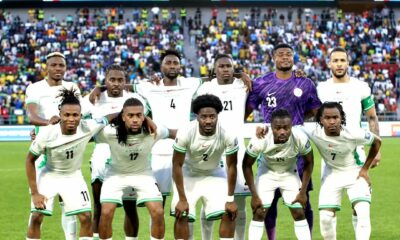Inspired
Aburi Girls SHS is Representing Ghana at the Global Robotics Competition

Twelve students from the Aburi Girls’ Senior High School in the Eastern region are representing Ghana this year in the 2021 FIRST Global Challenge — the fifth iteration of the global Olympics-style robotics event.
This year’s theme, “Discover and Recover,” focuses on overcoming the COVID-19 pandemic by discovering opportunities for innovative recovery and will have participants represented from over 160 countries participating. From social projects to miniature satellites to robot design, teenagers from around the world are required to develop solutions to problems the COVID-19 pandemic has presented.
The all-girls Team Ghana is being mentored by the STEMbees Organisation and will be a part of this virtual season which began on 27 June 2021 and will end on 28 September 2021. There are three main components which are a Solutions challenge, a CubeSat challenge and a Robotics challenge.
In the Solutions Challenge, teams are to innovate STEM (Science, Technology, Engineering and Mathematics) solutions to local problems resulting from the pandemic in the areas of education, environment, health and economy. Team Ghana’s solution is focused on making biodegradable nose masks from plantain fibres that are more comfortable and do not require strings to wear.

“At STEMbees we encourage young women to become problem solvers using technology. The problem this team identified is that a large number of Ghanaians do not properly dispose of single-use nose masks.
These disposable nose masks are made of polypropylene, which takes a long time to decompose and can carry a wide range of viruses including the coronavirus into water bodies, soil and ultimately to animals and back to us humans if not properly disposed of. Also, many people complain that the masks are uncomfortable to wear, causing them to wear them wrongly or not at all,” shares Angela Koranteng, a co-founder of STEMbees.
It has been discovered that plantain trees are readily available across the country. Often their stems are left to rot after the fruits are harvested. However, these pseudostems of plantain trees can be recycled into fibre, reducing wastage, and providing an affordable alternative to cotton to help produce more eco-friendly nose masks.
“An exciting part about this year’s FIRST Global Challenge is the prototyping of a CubeSat. The girls are designing and building a CubeSat miniature satellite prototype and will launch it into the lower layers of Earth’s atmosphere on 25th September 2021 at their school,” adds Koranteng.
Climate change has made our weather unpredictable with rapidly changing seasons and Team Ghana’s mission for the satellite prototype is weather monitoring (measuring temperature and aerial photos of clouds) as well as assessing air quality within the Aburi area. Their CubeSat prototype will include a mini-camera, a digital temperature sensor and a laser particle sensor in a 3d printed cube box.
In the FIRST Global Challenge, teams will compete with teams around the world to develop their robot to design, building and programming skills for four different tasks.






















